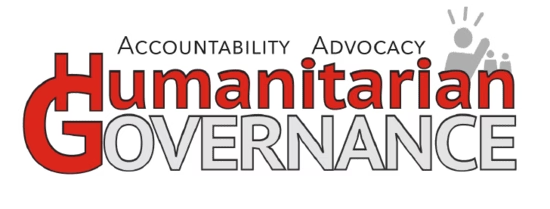The project team is led by Professor Dorothea Hilhorst and Assistant Professor Rodrigo Mena. Partners include institutes in Colombia, Ethiopia and the DRC, 3 PhD candidates and 1 Post-doctoral researcher.
Project coordination
Post-doctoral researcher
PhD researchers
Project partners
Project management
Project networks
The International Humanitarian Studies Association is a network engaged with the study of humanitarian crises caused by disaster, conflict, or political instability. Humanitarian studies concern how humanitarian crises evolve, how they affect people and their institutions, communities and societies, and the responses they trigger
The Netherlands is one of the biggest humanitarian players in the world, and the Dutch humanitarian field is broad and diverse. Varied expertise is available from academics, policymakers, practitioners, entrepreneurs and others.
Cross-sectoral exchange of knowledge, however, is modest, and translating existing knowledge into new actions and policies remains a challenge. KUNO facilitates knowledge sharing and reflection. In this way, KUNO helps the Dutch humanitarian sector to innovate and jointly meet challenges of the future.
Humanitarian Observatories are organized spaces where participants representing multiple actors discuss a variety of topics in relation to humanitarian governance. Actors can include, for example, national aid providers, civil society actors, research institutions, independent researchers, academics, think tanks, and government representatives.
Currently, three Observatories are in the starting phase in the Democratic Republic of the Congo, Ethiopia, and Colombia. The Humanitarian Observatories allow for a network of actors working in humanitarian governance to be built.
Since the start of the Hum-Gov project, many other Humanitarian Observatories have been established in South Asia, The Philippines, Poland, Libya, Namibia and Pakistan, for example. See more information on the Humanitarian Observatories website.
Applied reseach
This project to assess the risk of flooding in areas where IDPs are installed in Burkina Faso. The project includes the assessment of the vulnerability of the population and proposes mitigation measures to prevent/reduce the impact of flooding on IDPs and their hosts.
Hum-Gov members: Rodrigo Mena, Hyeonggeun Ji.
The Climate-risk Screening project seeks to support the ICRC in the integration of risks and opportunities arising from climate, propose a concrete set of recommendations in the form of an action plan, co-develop steps towards integrating climate solutions in the short, medium and long term.
Hum-Dov supported the process in the screening of Afghanistan’s ICRC projects and expert review of the report on Uganda.
Hum-Gov members: Rodrigo Mena.
















